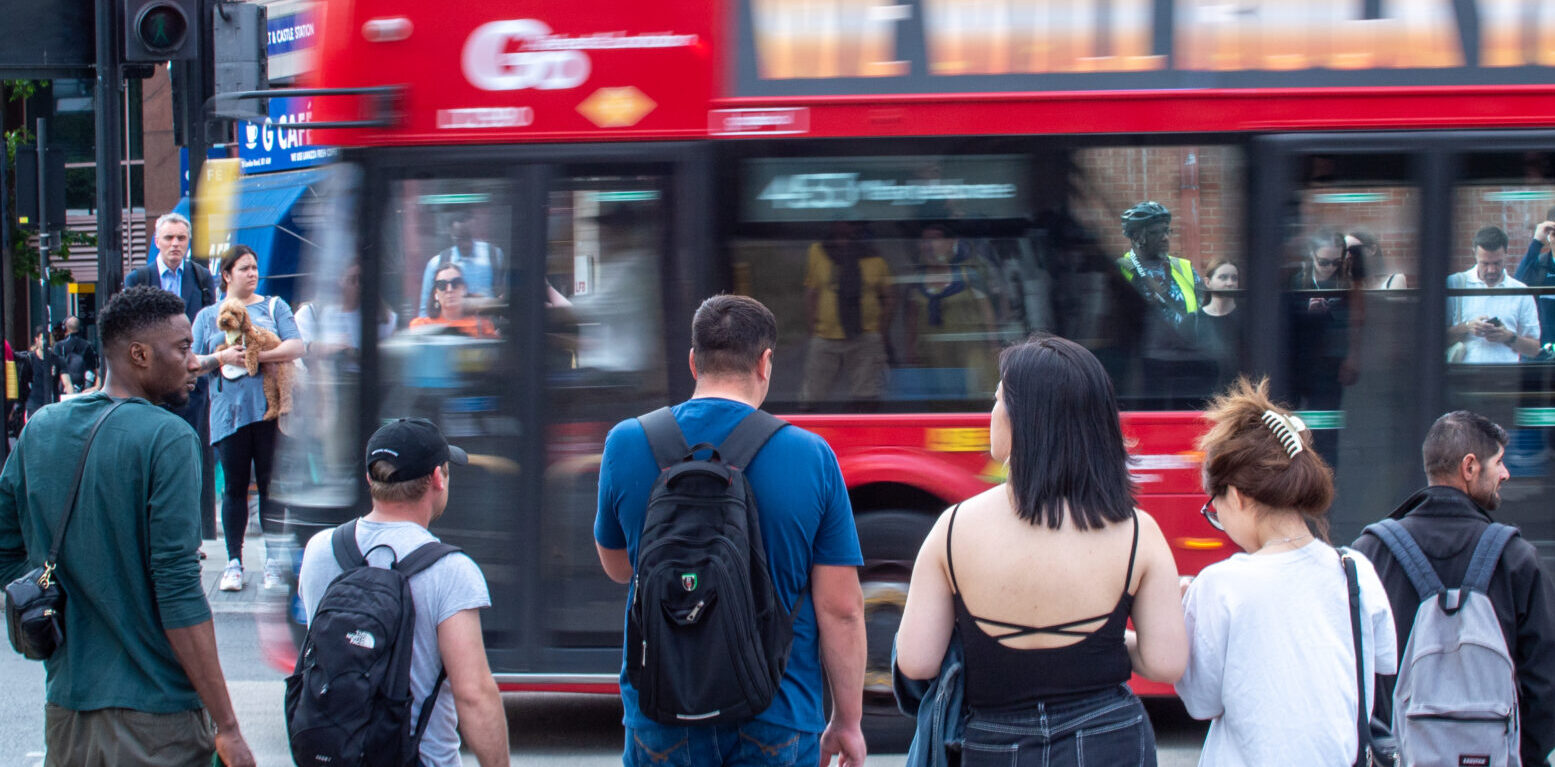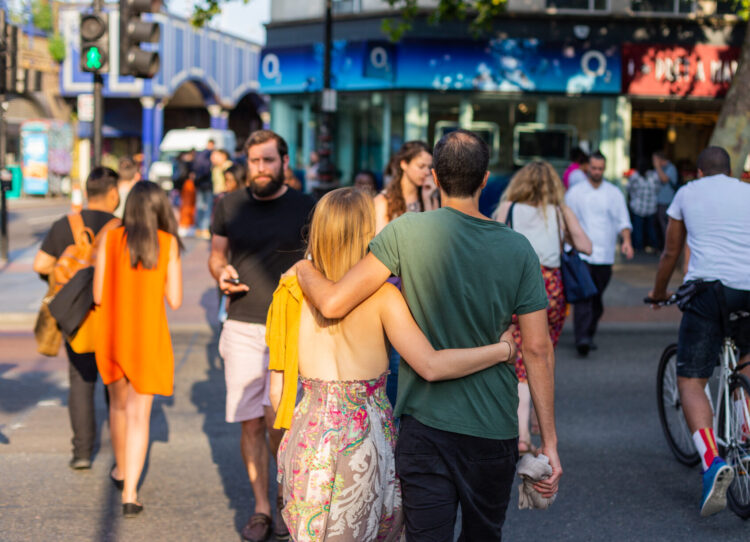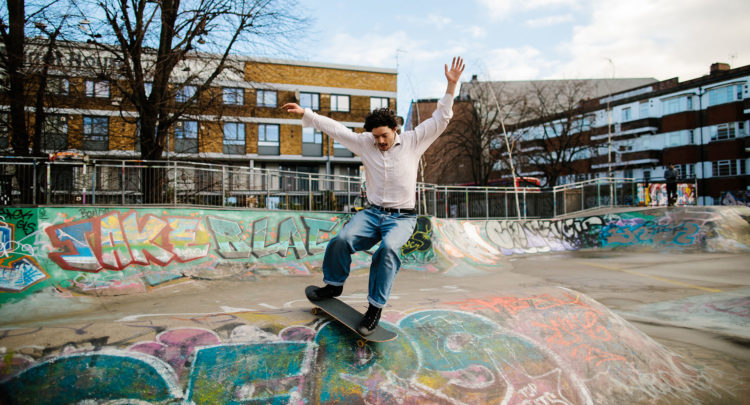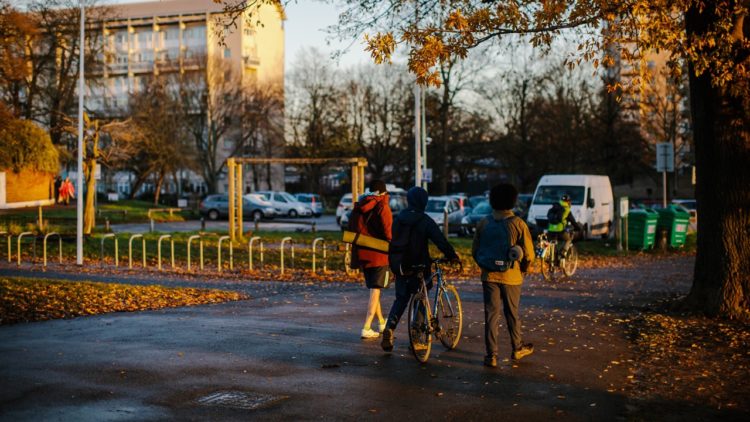We know that strong communities are a key element of a healthy life. Feelings of belonging, opportunity, and commitment to a common good contribute to healthier minds and bodies. Alongside the Greater London Authority, we began supporting the Civic Data Innovation Challenge in 2022.
The Civic Data Innovation Challenge funds and develops projects and organisations that seek to understand what community strength is and how we can build and measure it. The data and information they gather will become part of the Civic Strength Index, which consolidates existing data on what makes communities strong.
The Civic Data Innovation Challenge has a number of projects that have now progressed through the funding and mentorship programme. Over the first months of 2024, we will be sharing more about these innovative projects and their ambitious goals to bring communities together.
Neighbourly Lab
Neighbourly Lab is a non-profit innovation and research organisation focusing on increasing social connectedness. Social connectedness matters because it enables people from diverse backgrounds and experiences to come together, leading to healthier, flourishing, and more resilient communities.
Neighbourly Lab gathers data and evidence to try and figure out what works to increase social connection, build communities, and reduce loneliness through a range of methods.
Nick Lancaster, researcher at Neighbourly Lab, tells us more about what they are trying to achieve.
Our aims and objectives:
Our goal is to create new measures that enable local authorities and other public services to easily capture and understand the sense of belonging felt by the people they serve.
We use qualitative research to really unpack what it means to people and why it is important for councils who want to increase their civic strength. We will then produce a set of measures and get data against those measures that local authorities can easily operationalise to evaluate their work and see the impact of their services on local area belonging.
We want to demonstrate:
- That certain elements of ‘belonging’ are crucial for people to thrive in a place and therefore local authorities ought to care about it.
- What some local authorities are doing to have a positive impact on their residents sense of belonging
- That understanding and promoting a sense of belonging should be one of the things that local authorities focus on.
How we seek to achieve our goals:
We are using a mixed methods approach for this project, combining in-depth ethnographic sessions with residents across London with high-level data analysis to get a robust and reliable understanding of belonging on the ground. We are also partnering closely with local authorities in this work, sense-checking the measures we produce with them to ensure that our final product is user-friendly for our target audience.
We begin with a phase of ethnographic research, inviting a diverse group of Londoners to explore what belonging means to them and what they think influences their sense of belonging.
We will then use these insights to develop a set of core measurements for belonging, focusing on the aspects that are linked to public service planning.
The next phase is working with our local authority and pan-London partners to put data against those measures. This will help us determine what belonging looks like for the boroughs we are working with.
In partnering with local authorities, we aim to produce ready-to-use evaluation measures that can be rolled out across each London Borough.
Some of our early progress and highlights:
So far, we have got stuck into the complex literature on what belonging means, and how the different elements of our environment influence our sense of belonging.
We have also held numerous stakeholder interviews with a broad range of council teams, to understand how belonging and a strong sense of community intersects with their strategies and objectives.
This has allowed us to see the idea of belonging from two perspectives; as an individual psychological state, and as a collective outcome that local authorities can measure to see where they are making positive progress.
Our next steps:
We are excited to begin our ethnographic fieldwork in Newham, one of our partnered local authorities. We would also love to share this work more broadly with different local authority teams, so please get in touch if this project is of interest to you.





